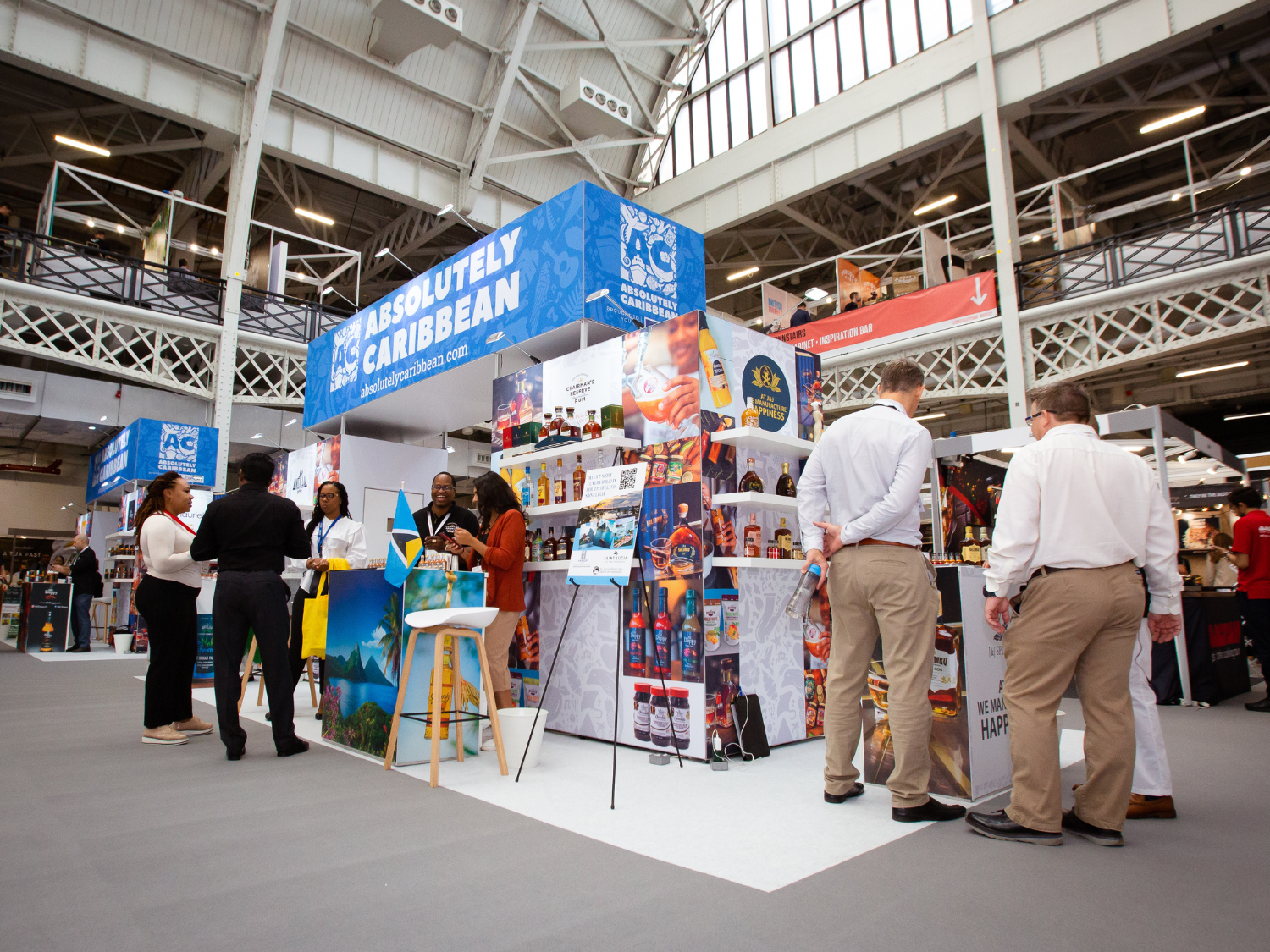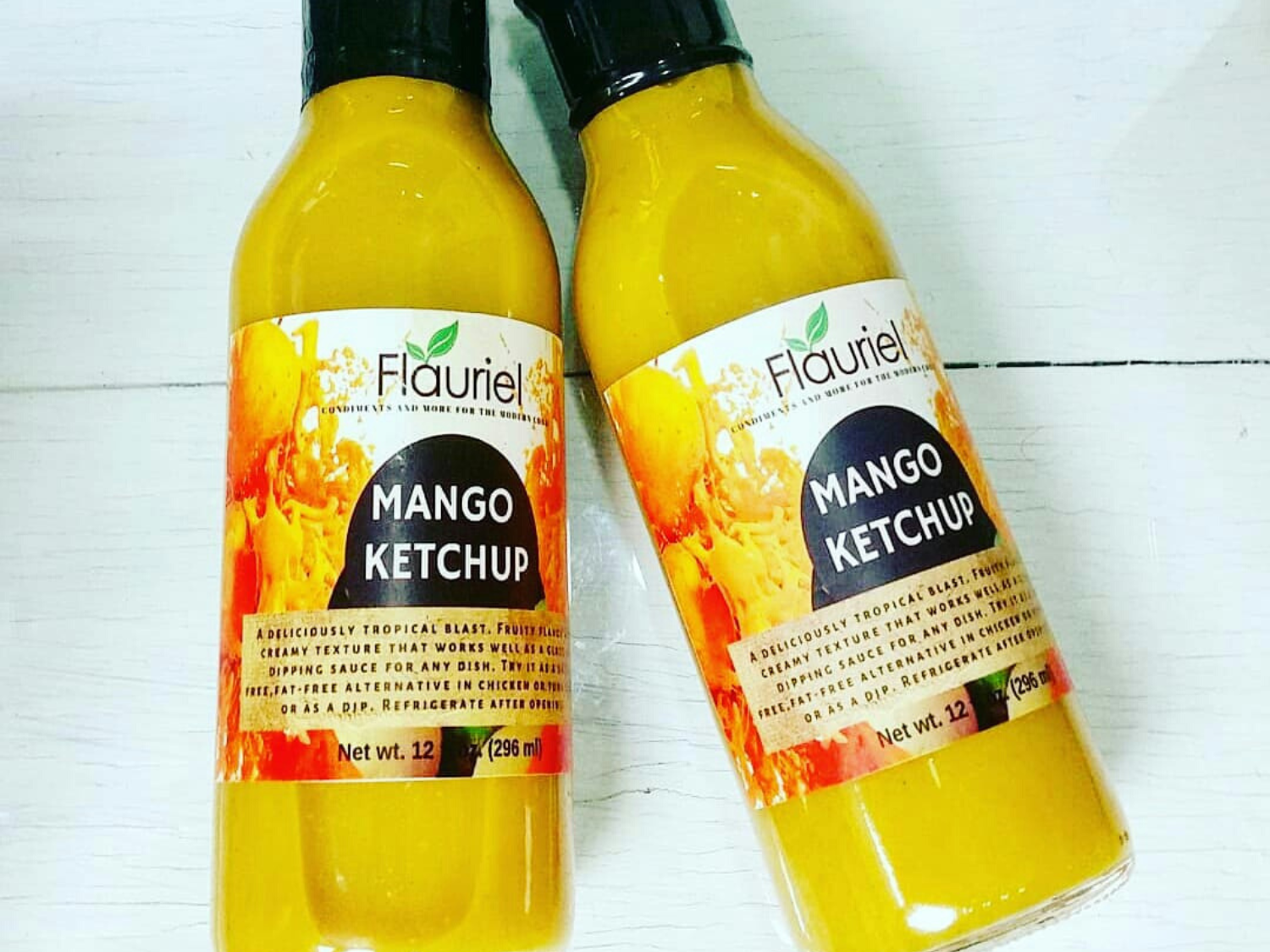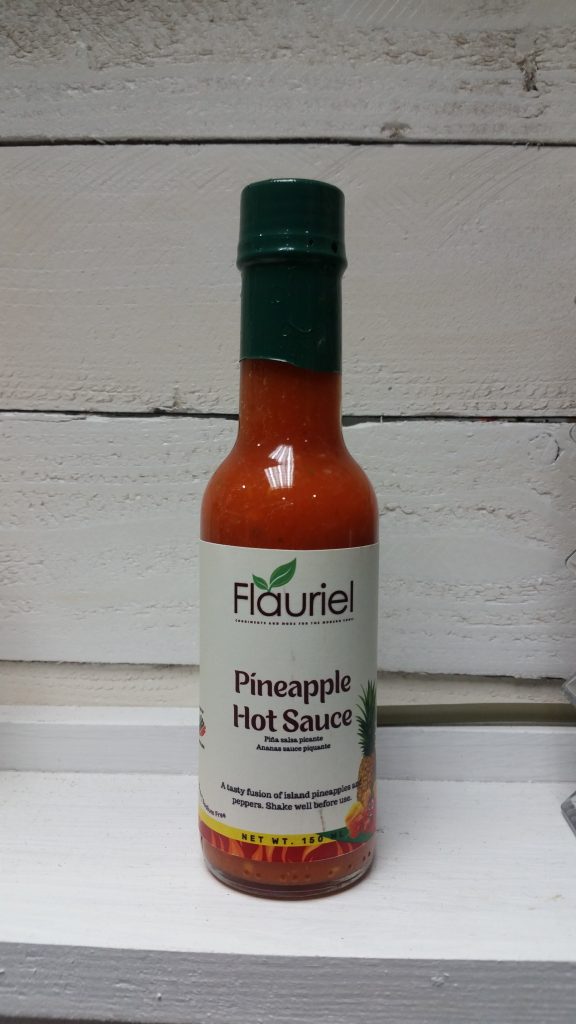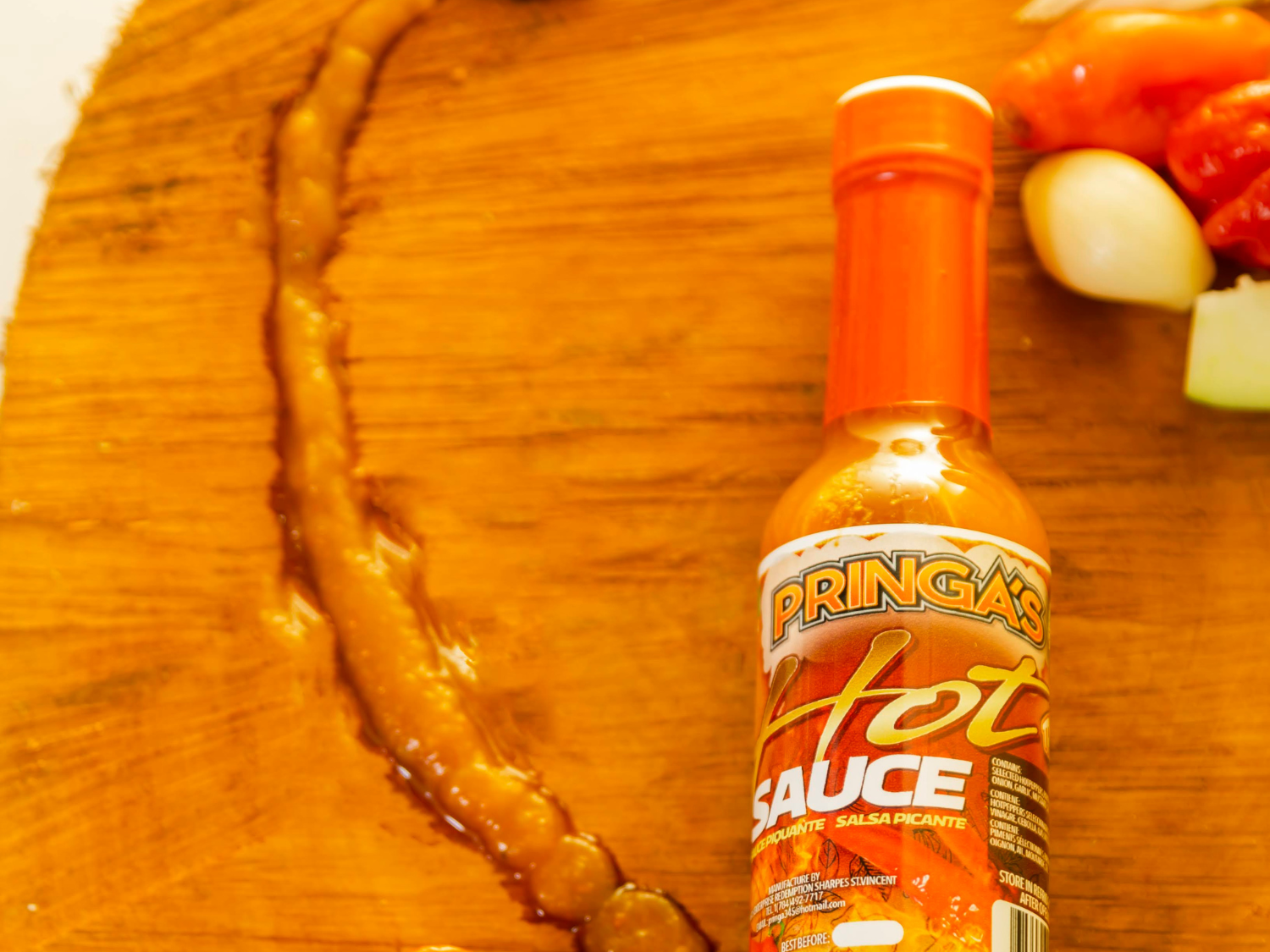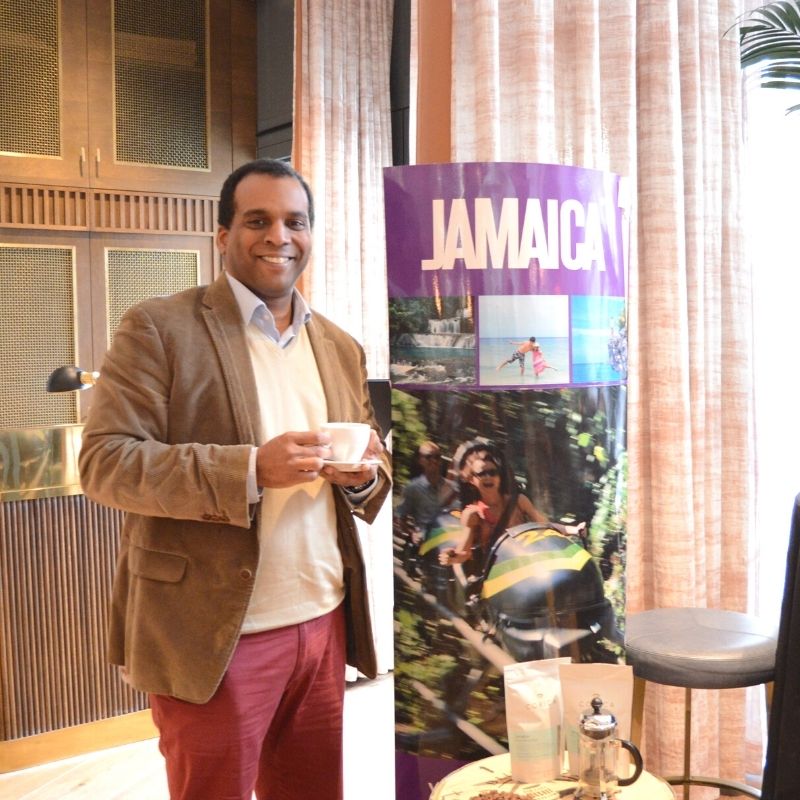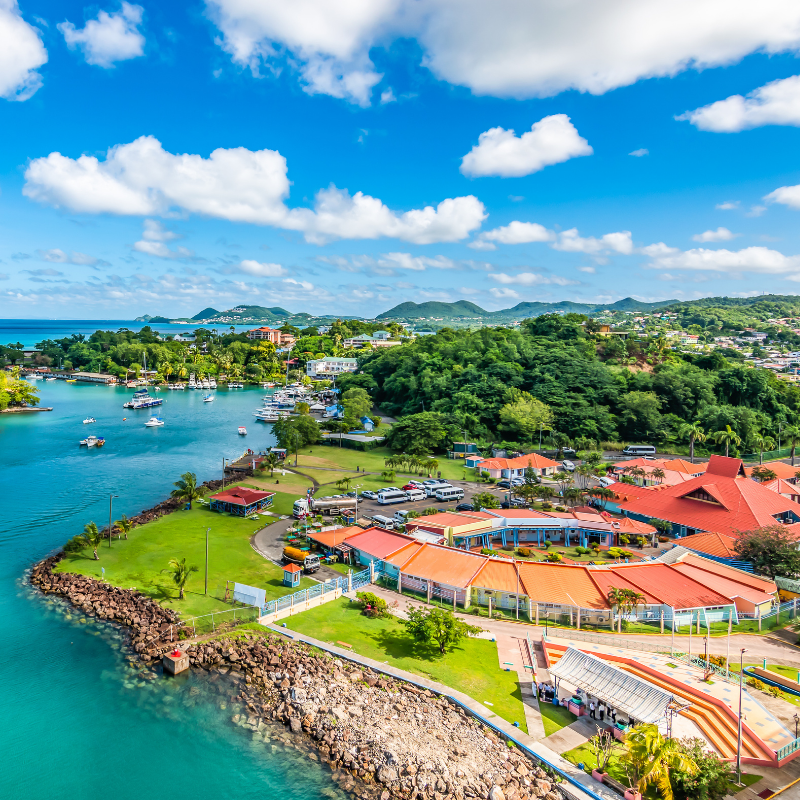Als u ooit aan een rum hebt genipt terwijl de zon ondergaat terwijl u chillt in een strandbar of aan de rand van een hotelzwembad, weet u hoe goed de drank smaakt als hij over ijs wordt gegoten, en hoe goed hij gevoelens van rust, warmte en ontspanning oproept.
De geest is ontstaan op Barbados in de vroege jaren 1600 en heeft een centrale rol gespeeld in de geschiedenis en cultuur van het hele Caribische gebied. Maar zelfs de tot slaaf gemaakte Afrikanen die het ontdekten door suikerrietmelasse te fermenteren, konden zich niet voorstellen dat de drank die zij “kill-devil” noemden (en die later bekend werd als “rumbullion” of “rumbustion”) uiteindelijk over de hele wereld genuttigd zou worden.
De wereldwijde rummarkt werd in 2021 gewaardeerd op 11,26 miljard dollar en zal van 2022 tot 2028 naar verwachting groeien met een samengesteld jaarlijks groeipercentage (CAGR) van 5,2%, voornamelijk gevoed door de introductie van nieuwe smaken en de stijgende populariteit van premiumproducten.
Consumenten die een unieke en authentieke rumervaring wensen, zullen natuurlijk worden aangetrokken door de voorouderlijke thuisbasis in het Caribisch gebied, waar de producenten trouw zijn gebleven aan hun traditie en erfgoed, terwijl zij de drank met gevoel hebben aangepast om ervoor te zorgen dat deze aantrekkelijk blijft voor nieuwe generaties.
Op SIAL Paris 2022 zullen drie Caribische distilleerders hun assortiment traditionele en niet-traditionele rumproducten demonstreren.
De St Lucia Distillers Group of Companies, Chicharum SRL en J&J Spirits, SRL nemen van 15 tot 19 oktober deel aan ’s werelds grootste levensmiddelenbeurs met de hulp van de Caribbean Export Development Agency en de Europese Unie.
SIAL Parijs geeft deze rummerken de kans om in contact te komen met 310.000 retailers, inkopers en importeurs uit de hele wereld die op zoek zijn naar uitzonderlijke producten die tot de verbeelding van hun klanten spreken.
De St Lucia Distillers Group of Companies (SLD Group) heeft meer dan 50 jaar ervaring met rum en werd aanvankelijk geleid door de familie Barnard, die al bijna een eeuw lang rumdistilleerders zijn.
Deze boutique rumdistilleerderij, gelegen in de agrarisch rijke stad Roseau, gebruikt koperen distilleerketels om meer dan 25 kwaliteitsrums en rumproducten te produceren, van premium rum en likeuren tot traditionele schenkrums.
Volgens zijn website is de SLD Group “niet bang om risico’s te nemen en altijd innovatief”, wat heeft geleid tot het winnen van verschillende prijzen, waaronder de prestigieuze gouden medaille op de International Wine and Spirits Competition in 2012 voor zijn vlaggenschip premium rum Admiral Rodney.
De SLD Groep richt zich ook op verantwoord ondernemen en milieuduurzaamheid. Regenwater wordt opgevangen en behandeld voor gebruik bij het mengen van rum, stoomturbines drijven de distilleerinstallatie aan, de ketel werkt hoofdzakelijk op teruggewonnen afvalolie en het afvalwater van de distilleerderij voldoet aan de EU-normen. De groep heeft ook beurzen voor middelbare scholen toegekend aan kinderen in de plaatselijke gemeenschap en ten minste 30% van zijn werknemers zijn afkomstig uit Sint-Lucia.
Chicharon The World’s Cinnamon Rum” wordt in de Dominicaanse Republiek geproduceerd door Chicharum SRL en is specifiek gericht op millennials die zich aangetrokken voelen tot gekruide of gearomatiseerde rum, vooral om te mixen met cocktails.
Handgemaakt met oude rum, kaneel en groene chili extracten, is “Chicharon The World’s Cinnamon Rum” een trendsettend, origineel product met een pittige kick en aromatische flair dat rum naar een ander smaakniveau tilt. Alle ingrediënten zijn natuurlijk en van lokale oorsprong.
De marketing van Chicharon is geïnspireerd op het Spaanse erfgoed van het bedrijf en omvat een verband met varkenszwoerd of “Chicharrón”, een populair gefrituurd hapje dat door de Latijnse gemeenschap over de hele wereld wordt erkend, samen met het Spaanse woord voor rum – ron.
J&J Spirits, SRL is een baanbrekend familiebedrijf dat gevestigd is in Santo Domingo in de Dominicaanse Republiek.
Dit bedrijf produceert een reeks producten op basis van exotische rum, waaronder hun kenmerkende, kant-en-klare “Kalembú Mamajuana”. Deze traditionele drank werd oorspronkelijk gemaakt door de inheemse Taino-indianen die het gebruikten als een krachtig kruidengeneesmiddel en wordt op grote schaal geconsumeerd in de Dominicaanse Republiek.
Door donkere rum te mengen met rode wijn, honing, boomschors, wortels en botanische kruiden zou Mamajuana helpen bij de spijsvertering, de bloedsomloop en vele andere kwalen.
J&J Spirits was een van de eerste bedrijven die Mamajuana commercieel gingen produceren en maakt momenteel drie soorten – de originele Kalembú, Kalembú Café rum met koffiebonen en Kalembú Guavaberry rum.
J&J’s versie van Mamajuana is omarmd door de wereldwijde drankenmarkt en wordt momenteel gedistribueerd in de Verenigde Staten, verschillende Caribische eilanden, Chili, Peru, Duitsland en China.
Hoewel rum synoniem is met het Caribisch gebied, heeft de regio ook een aantal bekroonde wijnproducenten, waaronder de in Trinidad gevestigde V’Toria Rhonda Vineyard & Winery die ook deelneemt aan SIAL Parijs 2022.
Opgericht in 2012 door wijnmaker Nekeisha Charles, maakt dit merk innovatieve, premium wijnen van exotisch, tropisch fruit gemengd met druivensoorten.
V’Toria Rhonda Vineyard & Winery biedt momenteel zes non-vintage wijnen gemaakt met lokale ingrediënten; Love Affair met zuring en Concord, True Passion van passievrucht en Sauvignon Blanc, Just Perception gemaakt van granaatappel en Zinfandel, Pure Diamond van rijst en Riesling, Remember Me dat is sinaasappel en Muscat, en Discover gemaakt van grapefruit en Merlot.
In januari 2020 heeft het wijnhuis een passievruchtwijngaard aangelegd, de eerste in zijn soort in het Caribisch gebied, en mevrouw Charles heeft zich ook gediversifieerd in het maken van wijngelei en is van plan chocoladewijnrepen aan haar productenlijst toe te voegen.
Mevrouw Charles noemde haar merk ter ere van haar grootmoeder, Victoria Richardson Harper, en haar handgeschreven initialen, afkomstig uit een oude brief die zij ondertekende met ‘VR’, zijn trots afgedrukt op het etiket van elke fles, waarmee zij haar persoonlijke stempel van goedkeuring geeft!
